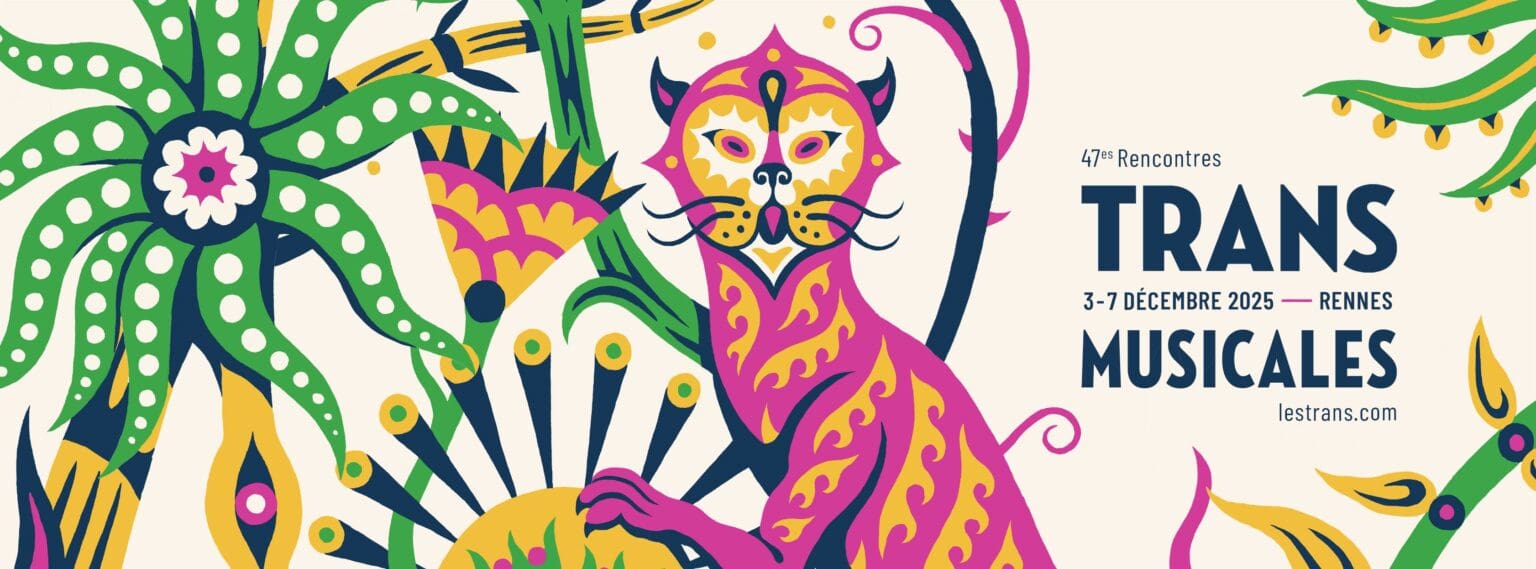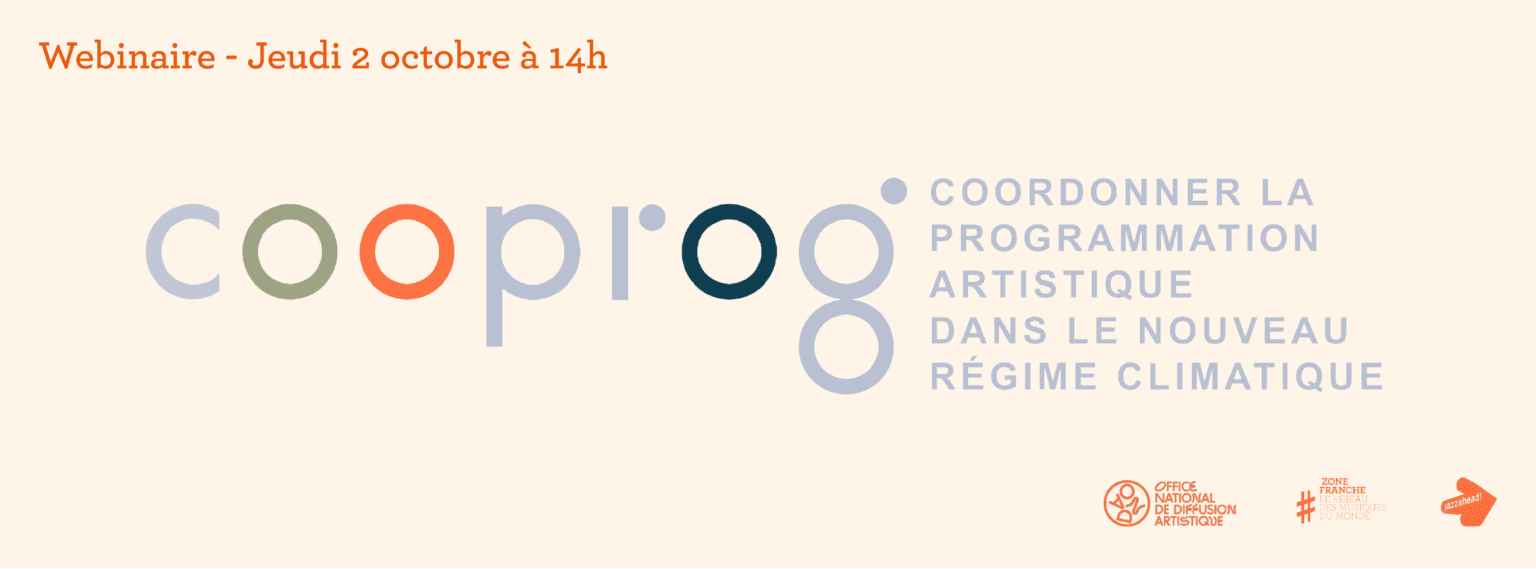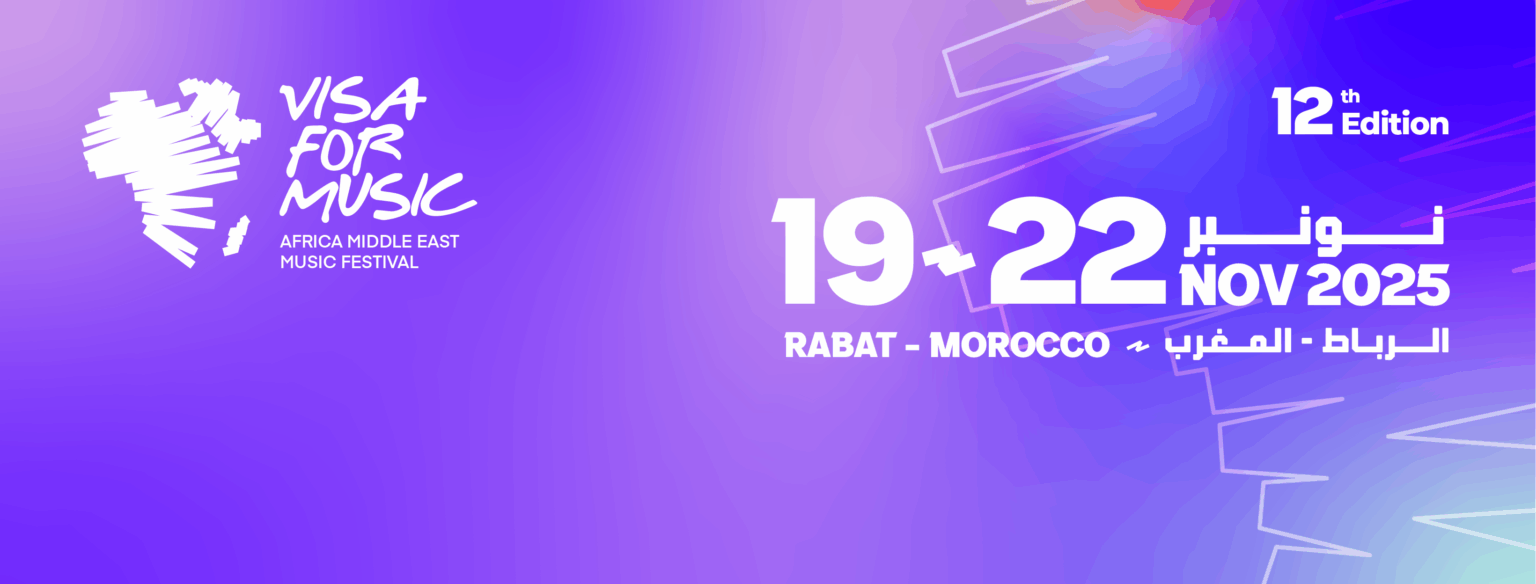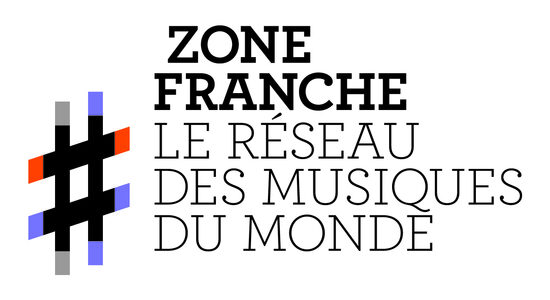A multi-stakeholder network :
programmers,
producers,
labels,
bookers,
managers,
artists…
More than
200 members
In France and
internationaly
- Headlines -

Displaced artists deserve special attention in the development of their careers, whatever their legal status. For their careers are often jeopardized and/or devalued, either by professional downgrading or by disruption. But beyond these purely artistic obstacles, we need to take

For 2 days, Thursday December 4 and Friday December 5, the Zone Franche team will be present at the TransMusicales in Rennes. We look forward to seeing you : Thursday 4/12 — 11am to 12pm at La Maison des Associations — Room 100Professional

To reduce the carbon footprint of artist tours, it’s vital that programmers coordinate their schedules so that tours are rational.The free, open-access CooProg platform enables you to manage in a single place : programming schedule(s) (from simple intentions to confirmed dates), artist

Zone Franche renews its support for Visa For Musica trade show and member of Zone Franche, which will hold its 12th edition in Rabat from November 19 to 22. The first pan-African trade show brings together numerous music professionals from
Find out more…
The association
The Zone Franche association was founded in 1990, when the encounter between traditional oral music and the sounds of globalization was creating new languages and soundscapes. Today, 219 structures are federated around professional and political issues.
A network
professional
Zone Franche is a cross-disciplinary organization that brings together all categories of players in the sector : festivals, venues, labels and publishers, artists’ representatives, media, cultural associations, trade shows, and more. Although incorporated in France, the network has an international dimension, with members on every continent.
Find out more…
Music and
world cultures
World music is the focal point of the network’s members, whatever their activities.
All share the same passion for this music, whether “learned” or popular, ethnic or mixed, sacred or secular, oral or written, performed by professional or amateur musicians.
Find out more…
The missions
As stated in its articles of association, the network’s actions contribute to the development of World Music on an international level, particularly in French-speaking countries. It’s a place for initiative, reflection, sharing of experience, exchange of information, cooperation and pooling of resources around new projects, and a laboratory for new ideas.
Find out more…

Zone Franche presents :
#AuxSons,
collaborative webmedia
Zone Franche supports the online weekly #AuxSons dedicated to music and vibrations from around the world : the webmedia #AuxSons(www.auxsons.com) offers an innovative and creative approach, militant and supportive, to give new visibility to music, cultures and news from around the world. Faced with ever-decreasing musical diversity in the press, on radio and on television, #AuxSons highlights the artists who inhabit our planet and fill it with their creativity, the diversity of their cultures, the sound of their languages and instruments, etc.…
Newsletter
Sign up for exclusive information !

